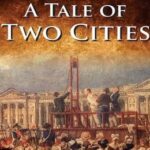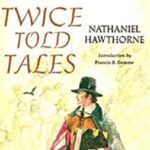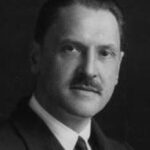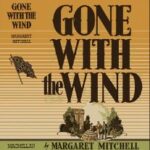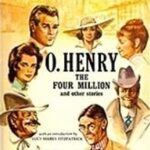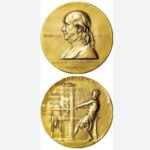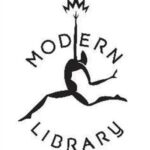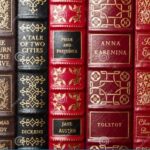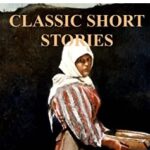Clicking on the following links or images will take you to the popular literature & general fiction collections covered in this section:
Commentary:
There are several different types of books covered in this section: (a) traditional novels, (b) narrative poems, (c) plays, (d) short-story collections, (e) folklore and fables, and (f) children’s stories. The stories in this section fall into the broad category of ‘literature’, which signifies a greater focus on prose quality, human relations and artistic merit rather than on pure entertainment. Of course, the best books combine both artistic and entertainment value, and I have tried to select fiction works which meet both criteria.
The books in this category extend as far back as the Homeric epic poems of ~800 BC; fiction in its early days generally took the form of poetry, mythology, folklore or plays, most of which were transmitted orally. Around 1440, Gutenberg invented the printing press, and a steady stream of books began to be published in volume over the next few centuries. By the 19th century, the fiction novel was a well-established art form that was popular with the reading public. Some of the most well-known authors of that time were Sir Walter Scott, Alexandre Dumas, Robert Louis Stevenson and Charles Dickens. Some American authors such as James Fenimore Cooper, Nathaniel Hawthorne and Mark Twain also established themselves during this period.
While the authors of pre-1900 fiction emphasized storytelling and narrative, many modern authors in the 20th century began to emphasize style over substance, often using a stream-of-consciousness narrative and delving deep into the psychological makeup of their characters. These characters are frequently depicted as being angst-ridden and cynical with many pages being devoted to self-doubt or clever witticisms; these features are adored by highbrow critics love but they don’t really advance the story. Such writers are not to my taste, and you will not find many of their works on my lists. For me, first and foremost, the author needs to tell a good story which makes you want to keep turning the pages to find out what happens next. Everything else is secondary!
Besides the novel, another popular type of fiction is short stories. The modern short story took shape in the early 1800s, and became an established form of fiction as the nineteenth century progressed. One of the earliest short stories was Rip Van Winkle by the American author Washington Irving, which became immensely popular and is still a part of popular culture today. Interestingly, some of the best short-story writers of the time were American or French, even though British authors dominated the writing of major novels. Some of the best practitioners of the art of short-story writing during that period were Nathaniel Hawthorne, Edgar Allan Poe, Honoré de Balzac and Guy de Maupassant. The 20th century had its own masters of the short story, including O. Henry and W. Somerset Maugham.
Maugham is the one 20th century writer who successfully combined elegant writing with great plots and interesting characters. Because he is one of my favorite writers of all time, I have separated his works into a dedicated section. He was one of the most prolific and versatile authors of literary fiction ever, turning out novels, short stories and plays in almost equal measure (as well as a significant number of non-fiction works). Despite his prolific output, Maugham maintained a consistent quality in his work throughout a career spanning more than 60 years. His stories are generally easy to read, with characters who are relatable and plots that keep you interested until the end. There are often twists and turns of irony in his tales, usually with a moral or philosophical message at the end.
It is interesting that Maugham was considered for the Nobel Prize in Literature, but apparently he was rejected by the committee because he was “too popular”. That’s one of the reasons I have relatively few books by Nobel Prize winners on my lists. Though these authors are admired by critics, their works are often boring and not read very widely. Maugham is one of the few writers who maintains high literary quality while maintaining one’s interest in his stories, which is why his books have stood the test of time.
Some other categories covered in this section are historical novels as well as a selection of Pulitzer Prize winners for fiction and books on the Modern Library list of the best 100 novels of the 20th century. Because of my personal preferences as described above, I have included just a subset of the books on the Pulitzer Prize or Modern Library lists. I particularly detest the stream-of-consciousness narrative style which is admired by critics but which I believe the majority of readers find boring; this led to a large portion of the books on these lists being excluded (including the Modern Library’s highest-ranked book Ulysses). I recognize that my selection criteria may be weighted more heavily towards readability rather than literary elegance, but I believe most of the visitors to this site will agree with my selections!

